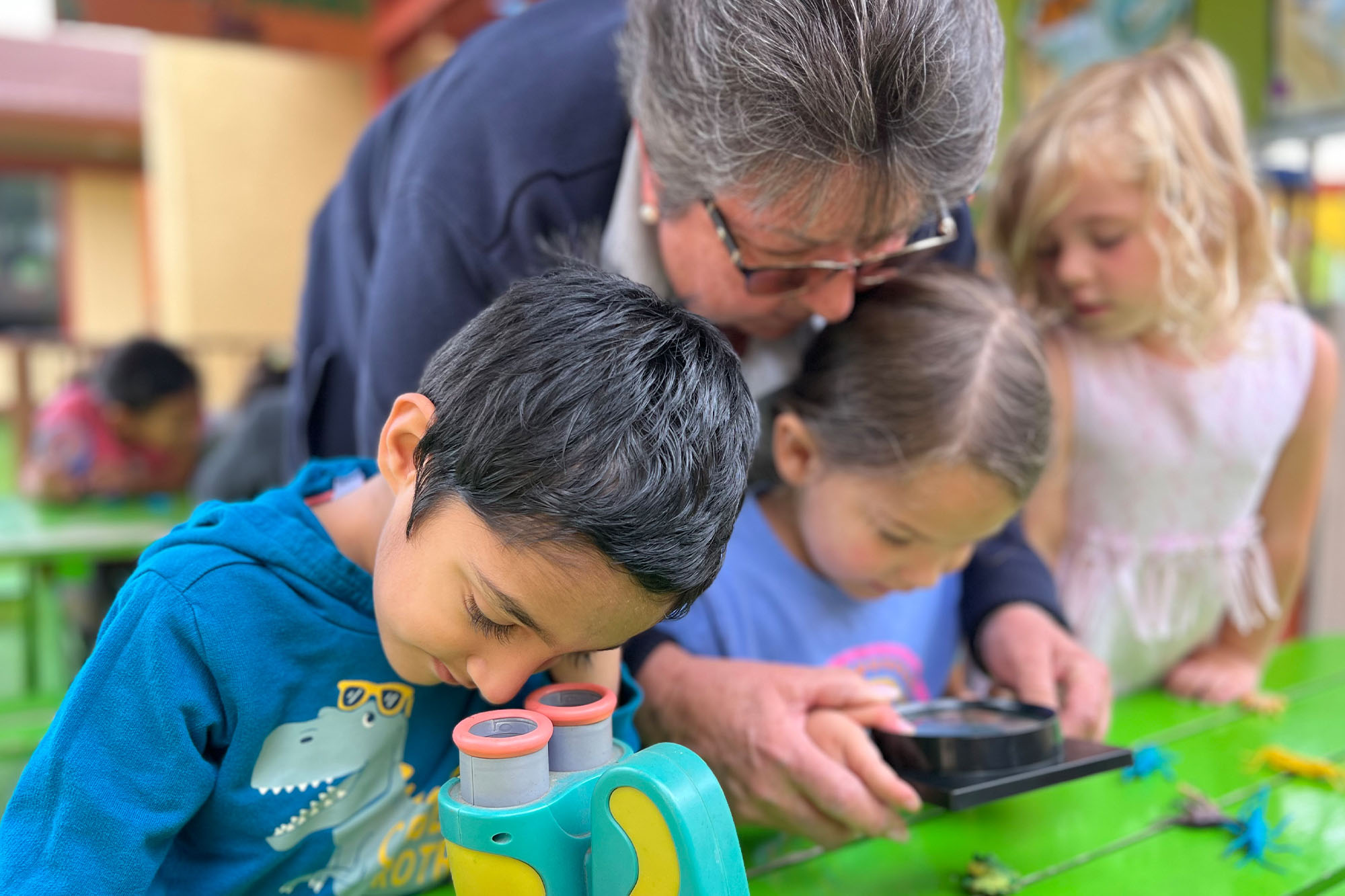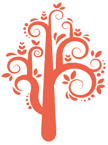
In an era of standardized testing and increasing academic pressure, Academy on the Hills in Aliso Viejo stands apart with our unwavering commitment to hands-on, exploratory learning. Our approach isn’t just about making education enjoyable though the joy is evident on our students’ faces it’s about developing the critical thinking skills essential for future success.
The Science Behind Hands-On Learning
Educational research consistently demonstrates that children learn most effectively when actively engaged in meaningful experiences. When children manipulate materials, conduct experiments, and solve tangible problems, multiple neural pathways activate simultaneously, creating stronger memory formation and deeper understanding.
“The brain develops through use,” explains Dr. Judy Willis, neurologist and educator. “When children engage in hands-on learning, they’re not just memorizing information—they’re building neural networks that support higher-order thinking.”
At Academy on the Hills, our structured academic activities evolve as children grow, always emphasizing discovery and exploration across language, mathematics, science, and creative expression. This approach aligns perfectly with how young brains naturally develop and learn.
From Concrete to Abstract : Building Strong Cognitive Foundations
Our hands-on curriculum follows a carefully designed progression that honors each developmental stage:
For Our Younger Learners (Infants and Toddlers) :
- Sensory Exploration Stations: Textured materials, water tables, and natural objects provide rich sensory input that builds neural connections.
- Cause-and-Effect Activities: Simple toys and experiments help children discover how their actions influence their environment.
- Guided Discovery Play: Teachers facilitate exploration of concepts like gravity, texture, and spatial relationships through guided play opportunities.
For Preschool and Kindergarten Students :
- STEAM Exploration Centers: Our classroom learning centers invite children to experiment with science, technology, engineering, arts, and math concepts through tangible materials.
- Project-Based Investigations: Children work together on extended projects that require planning, hypothesis-testing, and problem-solving.
- Design Challenges: Age-appropriate engineering challenges encourage innovative thinking and persistence.
“When I pick up my daughter, she’s always excited to show me what she built or discovered that day,” shares Jasmin T., an Academy on the Hills parent. “She doesn’t just tell me facts she memorized—she explains her thinking process and how she solved problems. That’s real learning.”
Critical Thinking Skills Developed Through Hands-OnLearning
Our exploratory curriculum intentionally fosters essential thinking skills that transfer across academic disciplines and life situations:
- Analytical Thinking: Through classification activities, pattern recognition, and comparison exercises, children learn to break down complex information and draw meaningful conclusions.
- Problem-Solving: When building structures, completing puzzles, or conducting simple experiments, children develop systematic approaches to challenges.
- Creative Thinking: Open-ended materials and projects encourage divergent thinking and multiple solution pathways.
- Metacognition: Our teachers guide children to reflect on their thinking processes, helping them understand how they learn and solve problems.
- Evidence-Based Reasoning: Even our youngest learners begin to understand the importance of evidence as they observe cause-and-effect relationships in their explorations.
The Questioning Classroom : How We Foster Inquiry
Central to our approach is creating a classroom environment where questions drive learning. Our teachers are skilled at asking open-ended questions that stimulate deeper thinking:
- Instead of “What color is this?” we ask “How could we sort these objects?”
- Rather than “Can you count these?” we inquire “How could we figure out if we have enough for everyone?”
- Beyond “What happened in the story?” we explore “What might happen if the character made a different choice?”
This questioning approach teaches children not just to memorize answers but to think critically about possibilities, evaluate options, and construct knowledge.
Real-World Application and Future Readiness
The skills developed through our hands-on approach extend far beyond academic readiness. A 2023 World Economic Forum report identified complex problem-solving, critical thinking, creativity, and cognitive flexibility among the most crucial skills for future workforce success precisely the abilities our exploratory curriculum develops.
Our learning environment prepares children for a rapidly changing world where the ability to think critically, adapt creatively, and solve complex problems will matter more than memorizing information that can be easily accessed through technology.
The Technology Balance
While we embrace appropriate technology tools, we recognize that screen-based learning cannot replace the cognitive development that occurs through physical manipulation of materials and real-world problem-solving. Our curriculum thoughtfully balances digital literacy with hands-on exploration, ensuring children develop both technological fluency and the critical thinking skills technology cannot teach.
Join Our Community of Young Thinkers
At Academy on the Hills, we’re not just preparing children for elementary school—we’re nurturing the thinkers, innovators, and problem-solvers of tomorrow. Our hands-on, exploratory curriculum develops the critical thinking skills essential for success in school and life.
To learn more about our approach or to schedule a tour of our Aliso Viejo facility, contact us today. We proudly serve families in Aliso Viejo, Laguna Hills, and Laguna Niguel with comprehensive early education programs designed to build tomorrow’s critical thinkers.
